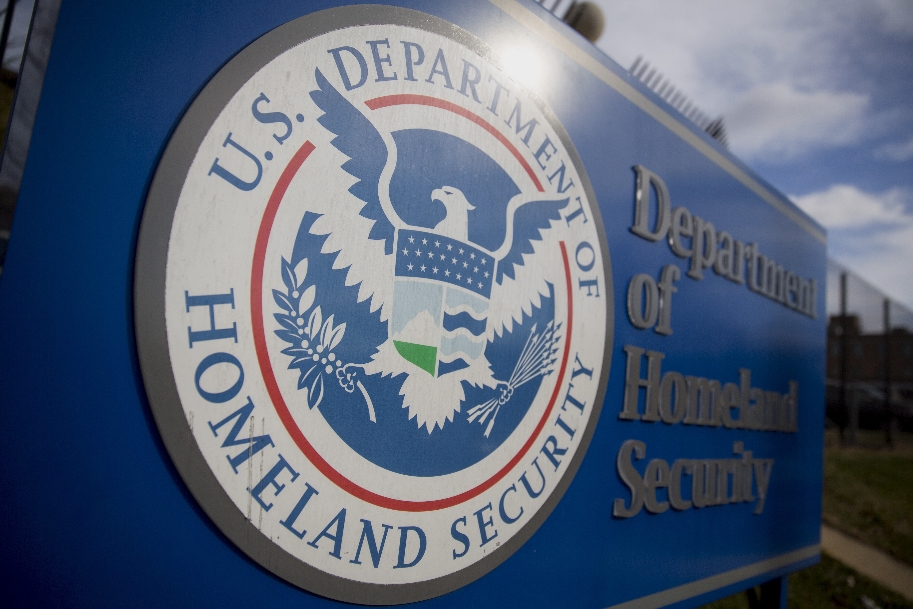 Parler
Parler Gab
Gab
SCOOP: Harvard's chief diversity officer, Sherri Ann Charleston, appears to have plagiarized extensively in her academic work, lifting large chunks of text without quotation marks and even taking credit for a study done by another scholar—her own husband.?https://t.co/Kqwj3srXo0
— Aaron Sibarium (@aaronsibarium) January 30, 2024
Harvard researchers accused of fraud for manipulating research images
Affiliate of Harvard Medical School Dana-Farber Cancer Institute (DFCI) is seeking to retract six scientific studies and correct 31 others that were published by its top researchers, including its President and CEO Laurie Glimcher, Executive Vice President and COO William Hahn, Senior Vice President for Experimental Medicine Irene Ghobrial and medical school professor Kenneth Anderson. A data sleuth recently found that they manipulated data images with simple methods such as copy-and-paste and Adobe Photoshop and this "academic fraud" impacted 37 studies. According to a report by Ars Technica, molecular biologist and analytical scientist Sholto David and his colleagues on PubPeer posted a lengthy list of possible data fraud instances from DFCI researchers to his research integrity blog For Better Science. He pointed out that several data figures appeared to feature pixel-for-pixel duplications, including those of what are known as "Western blots," which are used to see proteins in a complex mixture. DFCI Research Integrity Officer Barrett Rollins, who is also a co-author on two of the studies, responded to the allegations, arguing that the school is "committed to a culture of accountability and integrity," and that "every inquiry about research integrity is examined fully." He further said that David had contacted DFCI with allegations of data manipulation involving 57 studies, adding that the institute's internal review found that there are 38 papers in which DFCI researchers "have primary responsibility for the potential data errors." DFCI is now retracting six studies and contacting scientific publishers to correct 31 others, bringing the total to 37 affected studies so far. Meanwhile, the 38th remaining study in question is still under review. Of the remaining 19 studies, three were cleared of allegations while 16 were determined to have had the possibly manipulated data collected in labs that were outside the DFCI. Rollins said that those studies are still under investigation. Rollins insisted that finding false data and manipulated images is not necessarily "evidence of an author's intent to deceive" and that they have yet to determine if any scientific misconduct occurred. "That conclusion can only be drawn after a careful, fact-based examination which is an integral part of our response," he said, adding that their experience is that errors are often unintentional and do not rise to the level of misconduct. Visit Rigged.news for stories related to fraudulent studies from prestigious educational institutions and systems.Sources for this article include:
FreeBeacon.com 1 FreeBeacon.com 2 FoxNews.com ArsTechnica.comDHS using taxpayer money to fund propaganda that vilifies conservatives
By Belle Carter // Share
Dangerous FDA ruling helps research trials get away with skipping informed consent
By Cassie B. // Share
Roger Stone warns Democrats will do everything to STOP Trump’s imminent victory
By Belle Carter // Share
Putin claims America is “hurting” itself by refusing to expand trade relations with China
By Arsenio Toledo // Share
Governments continue to obscure COVID-19 vaccine data amid rising concerns over excess deaths
By patricklewis // Share
Tech giant Microsoft backs EXTINCTION with its support of carbon capture programs
By ramontomeydw // Share
Germany to resume arms exports to Israel despite repeated ceasefire violations
By isabelle // Share










